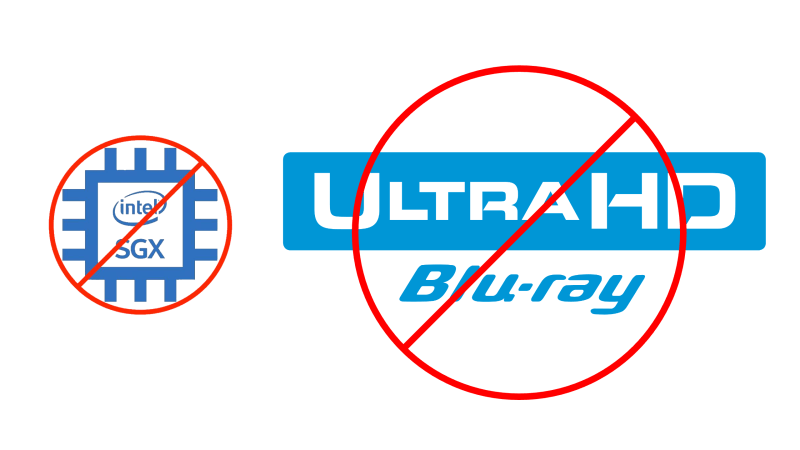The greatest hardware hacks of all time were simply the result of finding software keys in memory. The AACS encryption debacle — the 09 F9 key that allowed us to decrypt HD DVDs — was the result of encryption keys just sitting in main memory, where it could be read by any other program. DeCSS, the hack that gave us all access to DVDs was again the result of encryption keys sitting out in the open.
Because encryption doesn’t work if your keys are just sitting out in the open, system designers have come up with ingenious solutions to prevent …read more
Continue reading RISC-V Will Stop Hackers Dead From Getting Into Your Computer→

